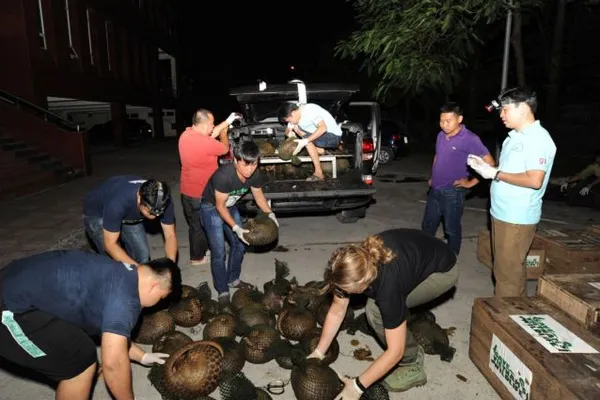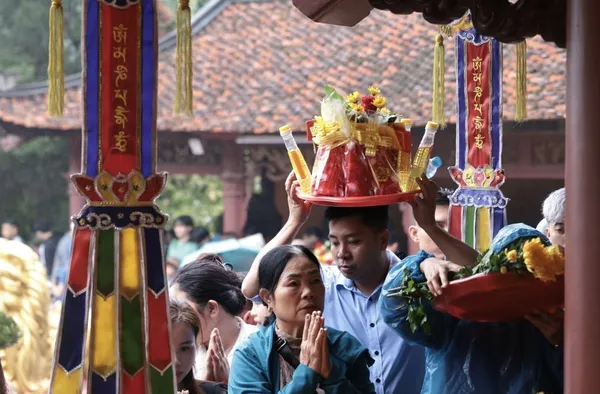 Environment
Environment

 |
| Deputy Prime Minister Trần Hồng Hà chairs the conference on the Government’s decree regarding the management of endangered, precious and rare forest plants and animals as well as the enforcement of the Convention on International Trade in Endangered Species of Wild Fauna and Flora (CITES). VNA/VNS Photo |
HÀ NỘI - Deputy Prime Minister Trần Hồng Hà stressed that the protection and conservation of endangered, precious and rare wildlife, needs to go hand in hand with sustainable exploitation of biodiversity resources, to promote their potential and economic value, while creating livelihoods for local people.
He was speaking at a conference on Monday in Hà Nội on the Government’s decree regarding the management of endangered and rare forest plants and animals, along with the enforcement of the Convention on International Trade in Endangered Species of Wild Fauna and Flora (CITES).
The draft decree consists of five chapters and 28 articles, inheriting the provisions on the protection, investigation, assessment of the current status, scientific research on rare, endangered forest plants and animals, as well as conditions for export, re-export, import and procedures for granting CITES licences and certificates.
The Deputy Prime Minister said the regulations must be highly enforceable in practice, including administrative, economic, and even criminal measures, in order to address the exploitation, trade, and use of rare and endangered animals and plants.
The decree needed to have a chapter stipulating solutions to change public awareness, with education about the exploitation, trade and use of rare and endangered wild animals and plants started at schools, he said.
Violations must be handled immediately after being detected, he added, while asking for the reduction of both the supply and demand for consumption and use of rare and endangered wild animals and plants, moving towards controlling and ultimately stopping this action, he said.
Regarding activities to investigate, research and evaluate biodiversity resources, the Deputy Prime Minister proposed to clearly define the agency responsible for publishing data, building maps and monitoring changes in biodiversity resources in Việt Nam.
Early this year Deputy Prime Minister Hà approved the national programme for the conservation of endangered, precious and rare wildlife species prioritised for protection through 2030, with a vision to 2050.The programme aims to conserve and restore at least three species in captivity and reintroduce them back into the wild by 2030.
The programme’s goal is to restore, protect and sustainably develop endangered, precious and rare wildlife species which are prioritised for protection. This aligns with the national biodiversity strategy by 2030, with a vision to 2050, contributing to socio-economic development oriented towards a green economy and proactive climate change adaptation.
The programme seeks to effectively conserve endangered, precious and rare wildlife species including improving the population status of at least ten species and conserving and restoring natural habitats for them to thrive. VNS